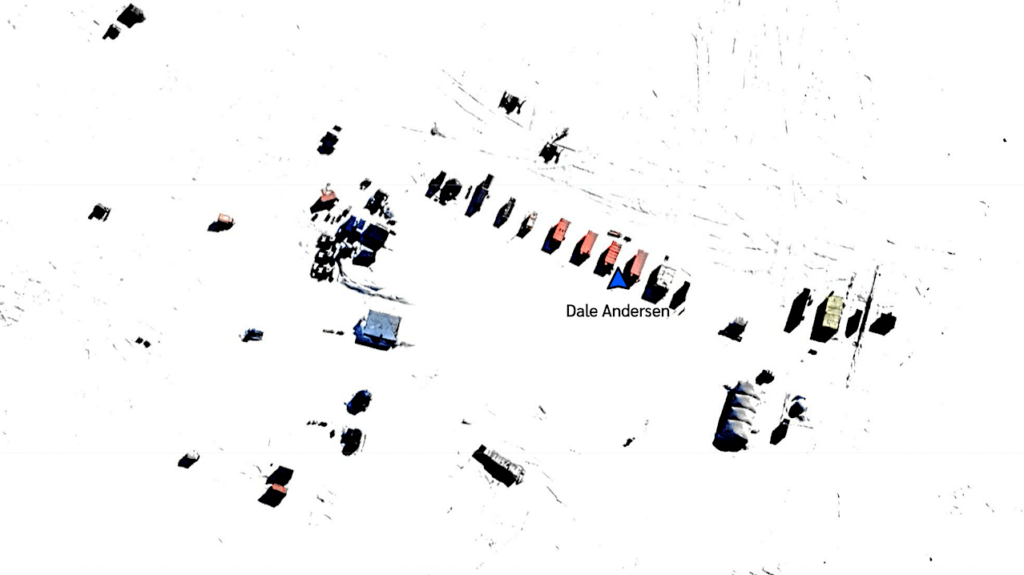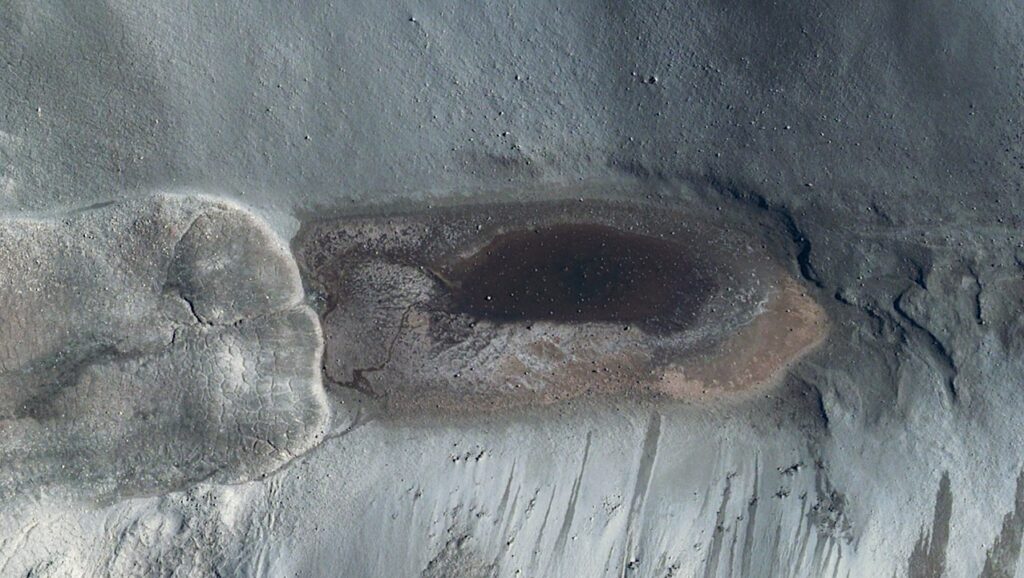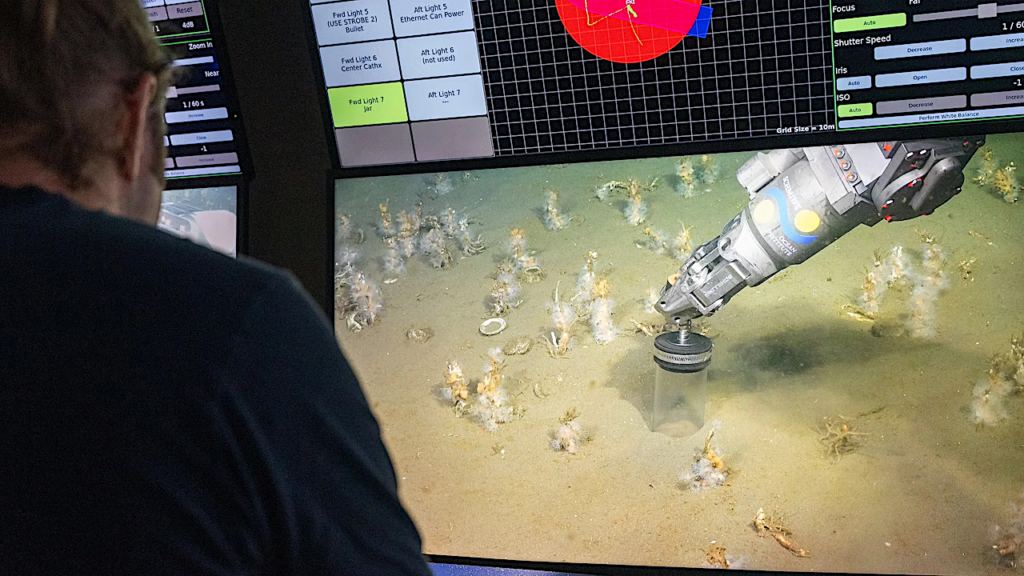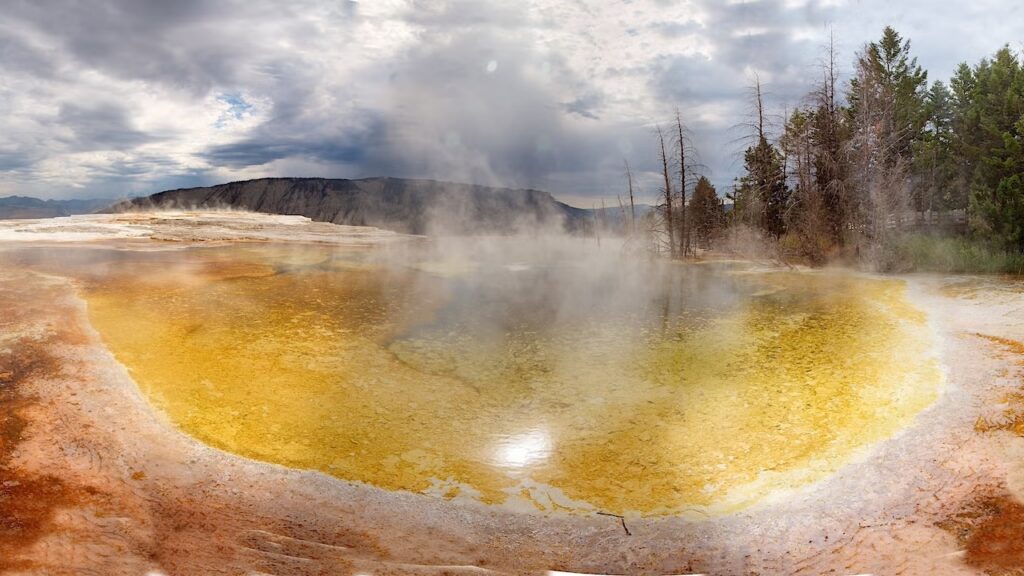NAI Director's Seminar: Andrew Pohorille, "Is Water Necessary for Life?"
Date/Time: Monday, November 30, 2009 11:00AM Pacific Speaker: Andrew Pohorille (NASA Ames Research Center)
Abstract: “Follow the water” is the canonical strategy in searching for life in the universe. Conventionally, discussion of this topic is focused on the ability of a solvent to support organic chemistry sufficiently rich to seed life. Although this is a necessary condition for the emergence of life it is far from being sufficient. Perhaps more importantly, solvent must promote self-organization of organic matter into functional structures capable of responding to environmental changes. In biology, they are mostly based on non-covalent interactions (interactions that do not involve making or breaking chemical bonds), strength of which must be properly tuned. If non-covalent interactions were too weak, the system would exhibit undesired, uncontrolled response to natural fluctuations of physical and chemical parameters. If they were too strong kinetics of biological processes would be slow and energetics costly.
Non-covalent interactions are very strongly mediated by the solvent. In particular, potential solvents for life must be characterized by a high dielectric constant to ensure solubility of polar species and sufficient flexibility of biological structures stabilized by electrostatic interactions. Among these solvents, water exhibits a remarkable trait that it also promotes solvophobic (hydrophobic) interactions between non-polar species, typically manifested by a tendency of these species to aggregate and minimize their contacts with the aqueous solvent. Hydrophobic interactions are responsible, at least in part, for many self-organization phenomena in biological systems, such as the formation of cellular boundary structures or protein folding. Strengths of electrostatic and hydrophobic interactions are similar and can be balanced over a wide range of temperatures, which considerably increases the repertoire of interactions that can be used to modulate biological functions.
Some properties of water, e.g. its chemical activity against polymerization reactions, are considered as unfavorable to life. In actuality, this might be a favorable trait because life requires a balance between constructive and destructive processes. For example, molecules synthesized in response to specific conditions must be degraded once these conditions change. Otherwise regulation of biological processes would be virtually impossible.
Water might not be the only liquid with favorable properties for supporting life. One example is formamide, which might be present elsewhere in the universe in sufficient quantities to warrant interest as a potential alternative to water for the origin of life. However, further studies on physical, chemical and biological properties of non-aqueous solutions are needed to draw firmer conclusions on this subject.
For more information and participation instructions: http://astrobiology.nasa.gov/nai/seminars/detail/161 [Source: NAI Newsletter]








